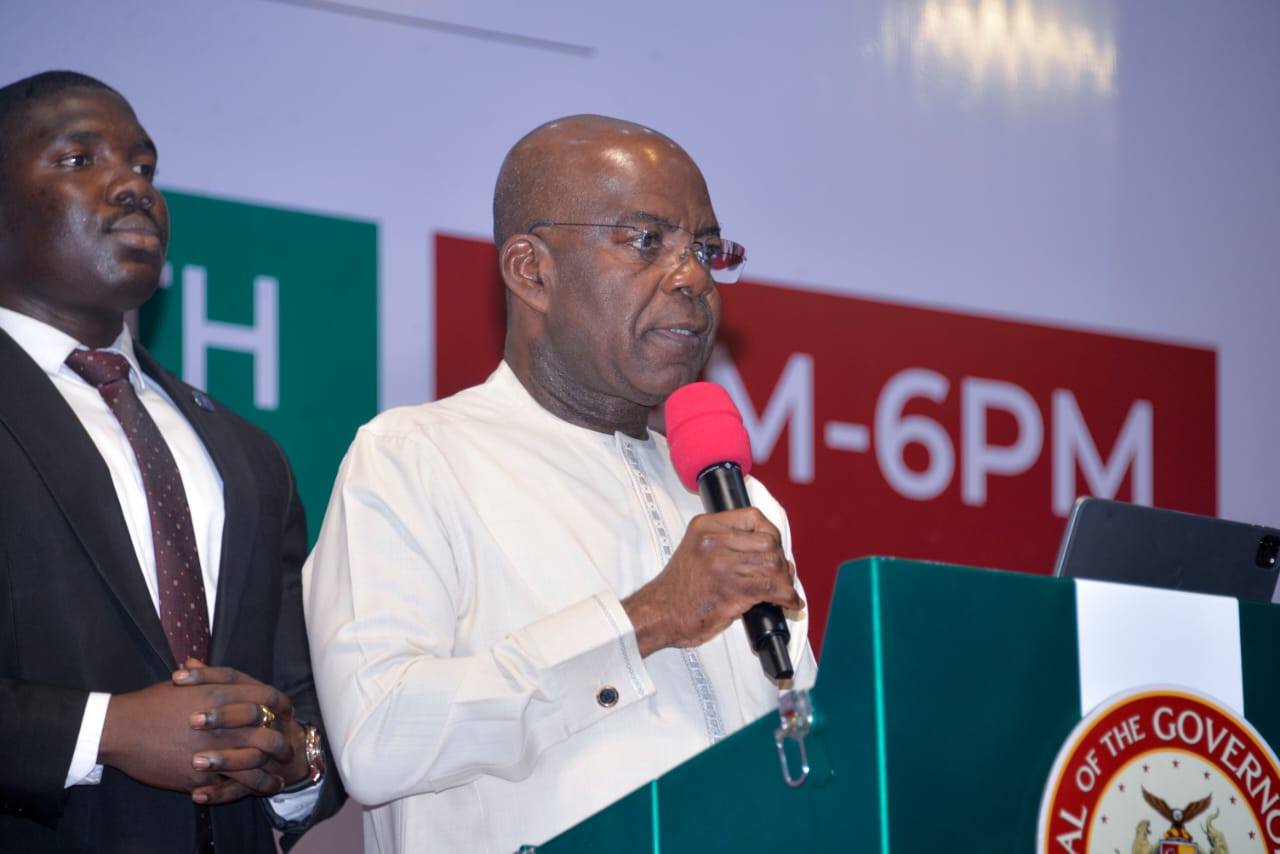The Human Rights Division of the Accra High Court has dismissed a judicial review application filed by suspended Chief Justice Gertrude Torkornoo, ruling that the move constituted an abuse of court processes and that it lacked jurisdiction to entertain the matter.
Justice Torkornoo, who is currently the subject of impeachment proceedings under Article 146 of the 1992 Constitution, had sought to halt the process through a certiorari application, arguing that the impeachment violated her fundamental human rights and lacked a sound legal basis.
The High Court’s ruling, delivered by Justice Kwame Amoako, is the latest setback in a series of legal attempts by the suspended Chief Justice to block the proceedings. Her previous applications, including three separate injunctions filed at the Supreme Court, were also dismissed.
The court held that it had no authority to interfere with constitutionally prescribed impeachment procedures, stating that the application was not only misdirected but amounted to a clear abuse of the judicial process.
Justice Torkornoo’s legal team had argued that the impeachment mechanism was flawed, unconstitutional, and infringed upon her rights. However, the court rejected this position, affirming that such claims could not override the constitutional provisions governing the removal of justices.
The judicial review application, filed on 9 June 2025, sought nine reliefs, including several declarations that the committee investigating her under Article 146 had acted unlawfully. She also asked the court to quash the committee’s proceedings and prohibit it from continuing without first providing authenticated copies of the petition and corresponding responses.
Justice Amoako categorised the reliefs into two groups: those dismissed as an abuse of court process, and those struck out for lack of jurisdiction.
The court found that many of the Chief Justice’s complaints, such as claims that the committee was acting unlawfully due to the Registry’s failure to furnish authenticated documents, the committee’s allegedly adversarial approach, and questions over its composition, were already under review in a pending constitutional interpretation case before the Supreme Court. Re-litigating the same issues in the High Court, the judge held, constituted duplicative litigation and was therefore an abuse of process.
The remaining reliefs were dismissed on jurisdictional grounds. These included allegations that the committee denied her a fair hearing, that her legal counsel was prevented from participating in the proceedings, and that there had been procedural violations of both the Constitution and the High Court (Civil Procedure) Rules. Her request for an order of certiorari to quash the committee’s work was also struck out.
Justice Amoako emphasised that the court could not delve into such matters, as they directly pertained to the proceedings of the Article 146 committee, proceedings which, under Article 146(8) of the Constitution, are to be held in-camera and are protected from external review.
The ruling significantly bolsters the legal standing of the ongoing impeachment process and narrows the suspended Chief Justice’s remaining legal options. With several challenges already dismissed, legal observers say the prospect of halting the proceedings through the courts is diminishing.
Justice Torkornoo, who was sworn in as Ghana’s Chief Justice in 2023, was suspended after a petition calling for her removal was admitted for consideration. While the details of the petition have not been made public, sources suggest it contains allegations of misconduct and abuse of office.
This marks the first time in Ghana’s Fourth Republic that a sitting Chief Justice has faced impeachment proceedings, a development widely regarded as a watershed moment in the country’s constitutional and judicial history.
The post Suspended Chief Justice thrown out for abusing judicial process appeared first on The Herald ghana.



